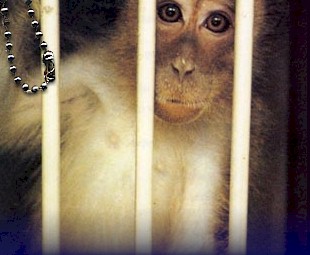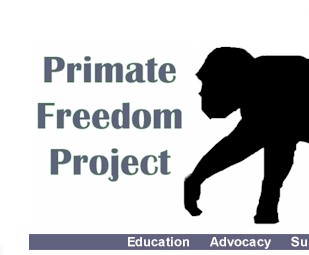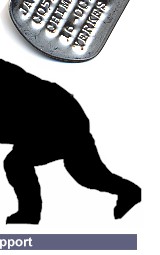






|
||||||||||||||||||||||||||||||||||||||||||||||||||||||||||||||||||||||||||||||||||||||||||||||||||||||||||||||||||||||||||||||||||||||||||||||||||||||||||||||||||||||||||||||||||||||||||||||||||||||||||||||||||||||||||||||||||||||||||||||||||||||
cj0453 was a Callithrix jacchus, or common marmoset. He
was born on September 20, 1996 at the Wisconsin Regional Primate
Research Center (WRPRC) on the campus of the University of Wisconsin,
Madison. cj0453 was killed on June 8, 2001. cj0453 was used experimentally even before he was born. His father
was cj0020 and his biological mother was cj0019. But cj0065 was
the female who gave birth to him. When cj0453 was an embryo, he
was transferred from his real mother to the surrogate mother. When he was born, he weighed just less than two ounces. He was
tiny. Free-living common marmosets live in social groups and share childcare
responsibilities. Usually, only one female in a group is fertile. Marmosets have specialized dietary needs. An important part of
their diet is tree sap. A group’s home range is centered
on an area with a concentration of sap, or gum, producing trees.
A typical group of marmosets, of between one and two dozen animals,
needs fifty gum producing trees in their territory. It may be this
dietary requirement, unable to be duplicated accurately in a laboratory,
that accounts for the chronic digestive problems associated with
the marmosets held in captivity in the nation’s primate labs. From the beginning
of cj0453’s life, he was reported to have diarrhea. The experts at WRPRC treated him with antibiotics, but nothing
really worked. When the medication stopped, his bloody, watery diarrhea
returned. Free-living monkeys have the opportunity to flee from aggressive
group members. Monkeys in cages do not. cj0453 was wounded so badly
that part of his tail had to be amputated. cj0453 was sick from the day he was born, but this did not exempt
him from being subjected to various experiments. David Abbott, a
vivisector at WRPRC, used cj0453 in at least two studies. He was,
apparently, subjected to large blood draws, and was given fluid
and iron to help him recover. When cj0453 was autopsied, it was noted: “Lymphocytic enteritis
is a common lesion in marmosets from this colony.” In English,
this means that inflamed bowels are common in the marmosets locked
away in the Wisconsin labs. The fact that scientists, who do nothing but experiment on monkeys,
are unable to cure common monkey diseases, is a compelling argument
that they will be even less likely to offer hope for humans. cj0453’s life was one of misery. His suffering and death
did nothing other than offer writing material for David Abbott,
who in turn, has done nothing other than bring in money to WRPRC
and the University of Wisconsin. Monkeys like cj0453 have the right to be left alone. We have the
right to see our tax dollars spent more wisely. cj0453, may you rest in peace. cj0453's story would never have been made public without the efforts of his advocate, Jenny Gifford of Centerburg, Ohio. Thank you Ms. Gifford.
Home Page | Our Mission | News |